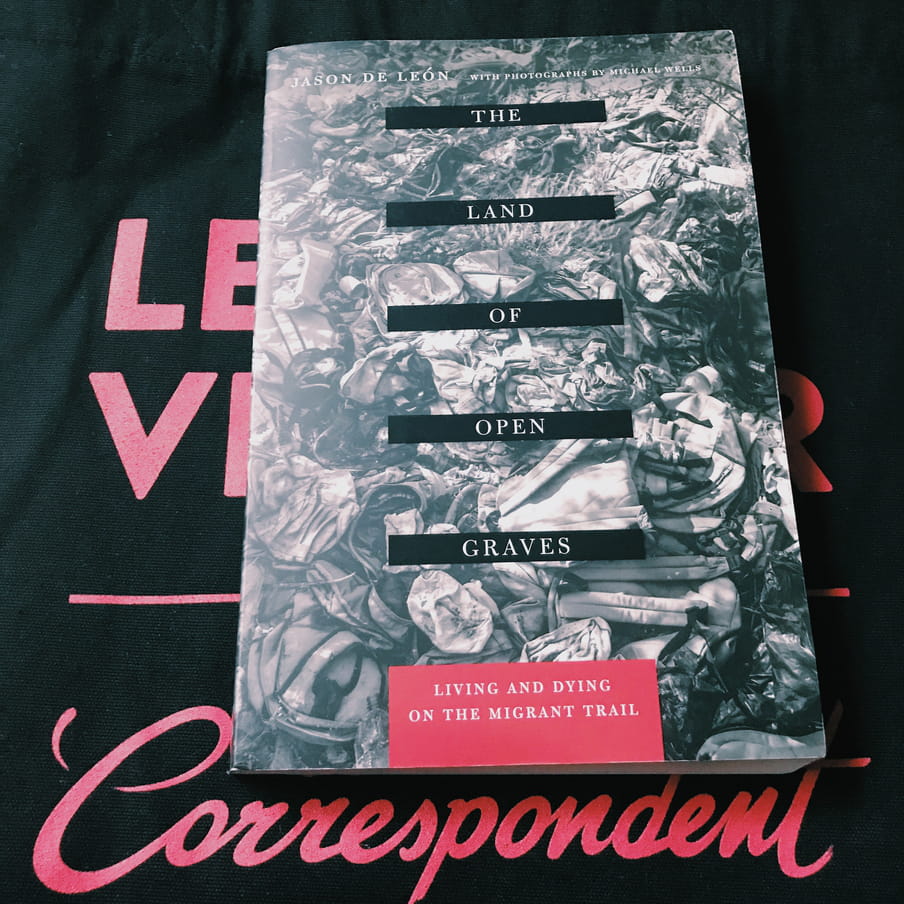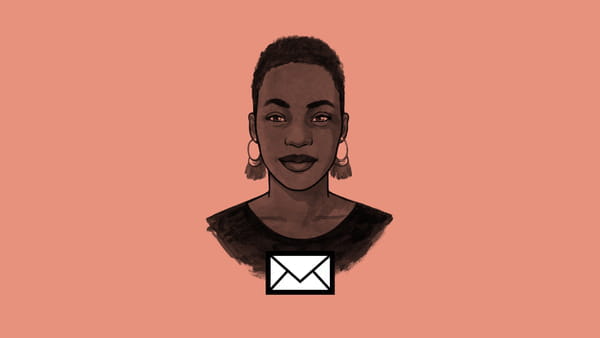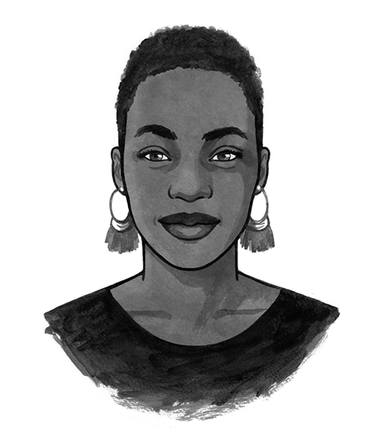Hi,
Lately, when I’m asked, “How are you?” I internally respond with “Alive, somehow,” before verbalising some variation of the more socially acceptable “fine, thank you.”
The recent weeks have been tough on me and my mental health, and as a result it has been quite difficult for me to write. To cope, I have been thinking a lot about one of my favourite poems. Audre Lorde’s ‘A Litany for Survival’ has been precious to me for several years now because it so powerfully captures not just the central ethos of my work, but also because it reminds me of my own power in the face of unfair or even unjust odds.
As Ms Lorde said, "…those of us who are poor, who are lesbians, who are Black, who are older – know that survival is not an academic skill. It is learning how to take our differences and make them strengths."
Here are some of my favourite lines:
"For those of us who live at the shoreline
standing upon the constant edges of decision…
For those of us
who were imprinted with fear
like a faint line in the center of our foreheads…
For all of us
this instant and this triumph
We were never meant to survive."
A Litany for Survival is a magnificent reminder of human resilience (even though I believe we should not uncritically glorify resilience that results from injustice). It is a soul-stirring exhortation that reminds us not only to be brave, but – crucially – that we have been brave many times before, so we certainly know how.
To me, the poem is also a lyrical expression of an amusing Nigerian sentiment. Being a nation of paranoid, superstitious survivors who believe every misfortune is orchestrated by some enemy or the other, once we’ve overcome adversity we often scoff at it by gloating, “Back to sender! I jump and pass.” The idea is that someone somewhere has set a trap, digging a hole in the ground and cleverly concealing it in hopes that the target will fall in (and perhaps die of starvation, or a broken neck? I don’t think anyone has ever thought this deeply or literally about how it works). In any case, the gist is this: the odds are stacked against us, but we beat them.
In my last article, my goal was to highlight how some people’s survival is fatally undermined by structural forces. Life and living can be universally difficult, but the kinds of difficulties some of us experience are too often linked to our identities. In exposing such discriminatory difficulties, I’m trying to assert that it is not who we are that is the problem. What needs to change is how the institutions that govern our lives interact with who we are.
This weekend, I’m reminding myself – and you – that whether the problems we face are run-of-the-mill human woes or the result of social systems that work to crush us into the ground, our survival is always worth celebrating.

In other, less ponderous news, our first transnational book club, The Other Shelf, feels more real than ever. My copy of our book of the month, The Land of Open Graves, has arrived! I’m so thrilled – it’s a genuine miracle of global shipping that the book got here in such good time. As our conversation editor Nabeelah has shared, the author, Jason De Léon, will be joining us for a chat about the book in mid-November; we’re still confirming details but will announce them once they’re decided. I’m very excited about the chance to be in conversation with the author. I hope some of you are, too.
Are you going to be reading along with me? Why, or why not?
Until next time,
OluTimehin
 Want to receive my newsletter in your inbox?
Follow my weekly newsletter to receive notes, thoughts, and questions on the topic of Othering and our shared humanity.
Want to receive my newsletter in your inbox?
Follow my weekly newsletter to receive notes, thoughts, and questions on the topic of Othering and our shared humanity.

